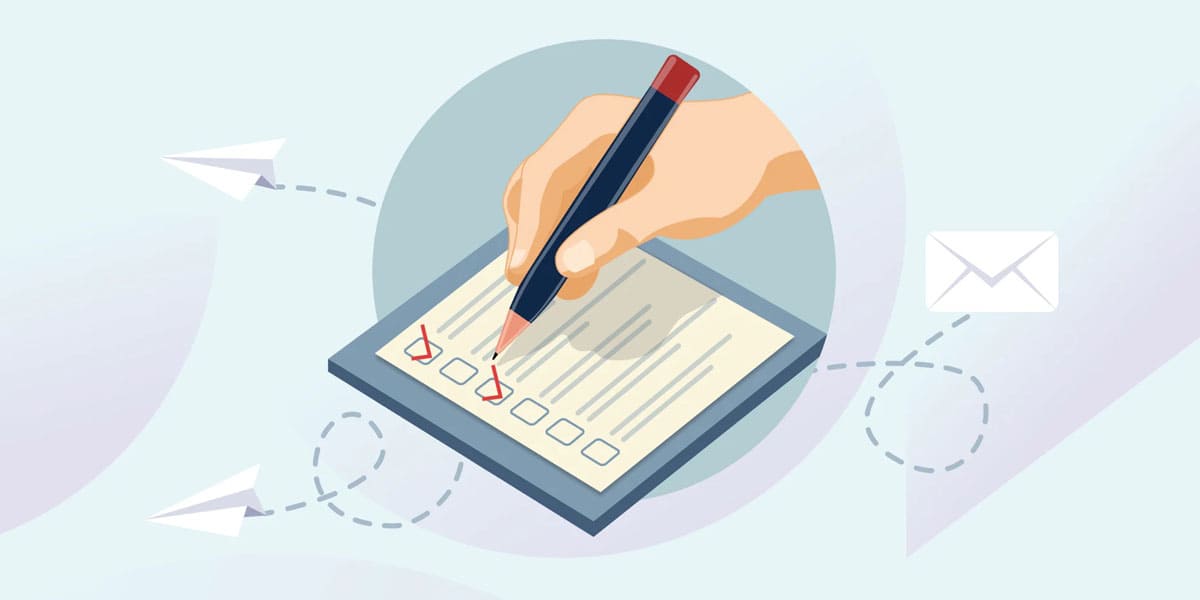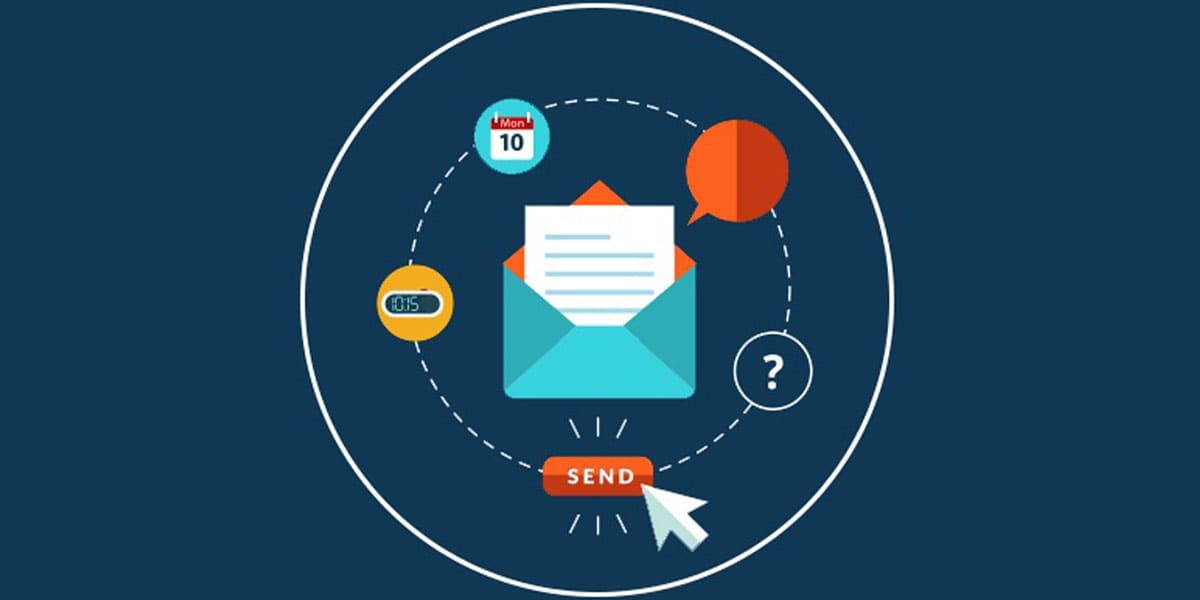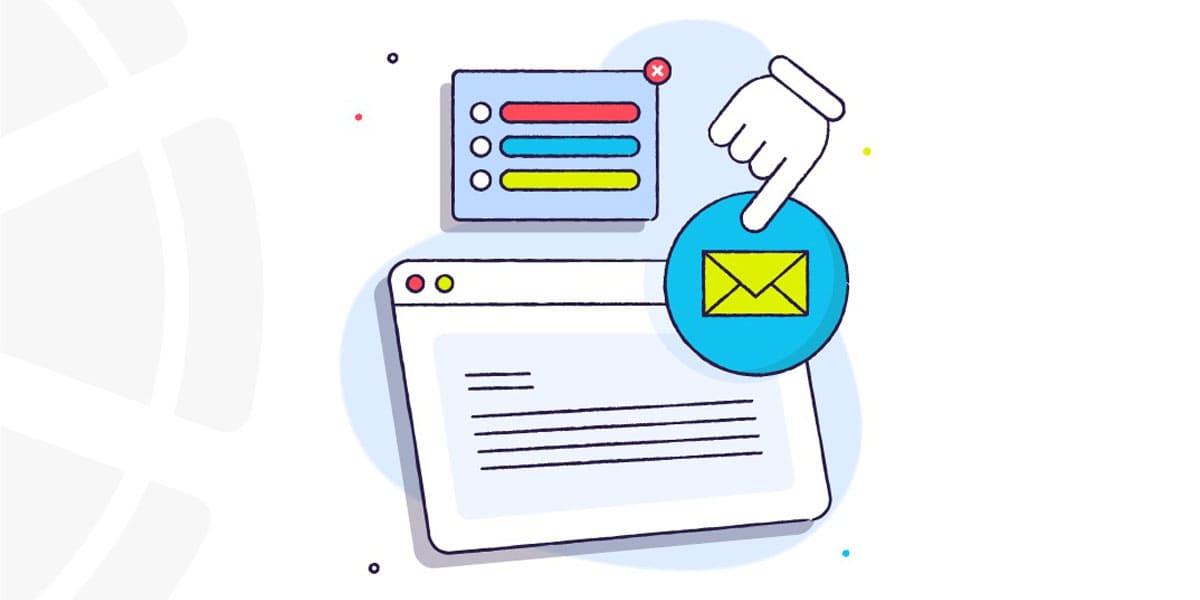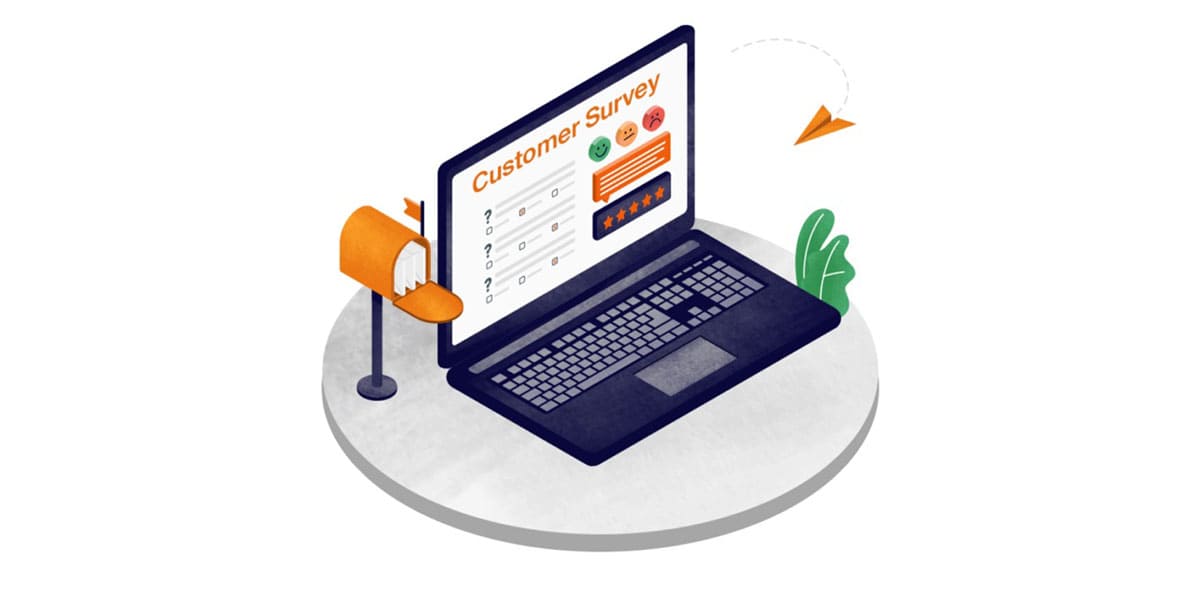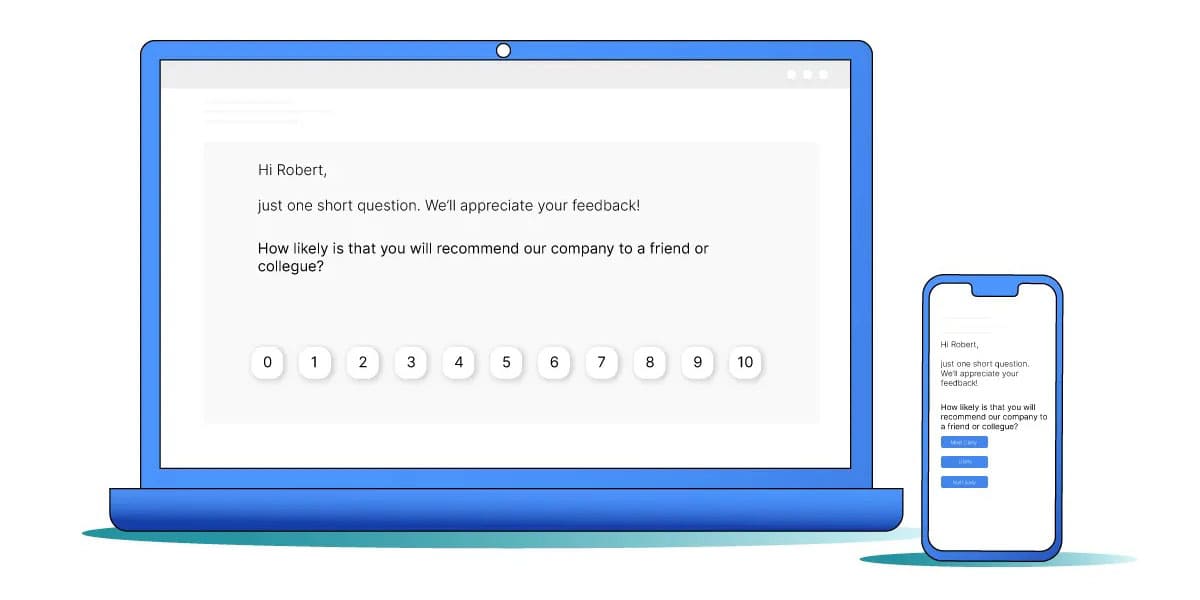" Nowadays, traditional methods may be insufficient to be successful in sales and marketing. In this case, artificial intelligence technologies, especially Reinforcement Learning (RL), become a powerful tool in the hands of marketing professionals. In this article, we will discuss the role of Reinforcement Learning in sales and marketing strategies and the advantages of this technology and support it with real-world examples. "
Do You Have Questions About Reinforcement Learning (RL)? You can contact us for all your questions about RL.
What is Reinforcement Learning?
Reinforcement Learning is an important sub-branch in the field of artificial intelligence. This technique allows an agent to learn how to best perform a particular task by interacting with its environment. Based on feedback from its environment, the agent learns which actions will be rewarded and which will be punished. In the field of marketing, this technology can be used in many different areas, such as analyzing customer behavior, developing pricing strategies, optimizing advertising campaigns and personalizing the customer experience.
Advantages of Reinforcement Learning in Sales and Marketing:
-
Analysis of Customer Behavior:
Reinforcement Learning can be used to analyze customer behavior in more depth. In this way, customer segmentation can be done more accurately and targeting strategies can be optimized.
-
Dynamic Pricing Strategies:
RL algorithms can dynamically adjust prices based on market demand and competitiveness. In this way, companies can gain a competitive advantage and increase their profit margins.
-
Optimization of Marketing Campaigns:
RL can be used to increase the effectiveness of advertising and promotional campaigns. The algorithm can help achieve higher conversion rates by using the marketing budget in the most efficient way.
-
Personalization of Customer Experience:
RL can be used to personalize customer experience. By providing customer-specific product recommendations and services, it can increase customer satisfaction and strengthen brand loyalty.
Role of Sales and Marketing Specialists: In order to use Reinforcement Learning effectively, marketing professionals must have certain skills and abilities. Core tasks such as data analysis, strategy development, and performance tracking enable marketing professionals to apply this technology effectively.
Developing Sales and Marketing Strategies with Reinforcement Learning: Real-world scenarios and success stories help us better understand how we can improve sales and marketing strategies from Reinforcement Learning. For example, there are real-world examples that show how RL can be used in online retail, the automotive industry, and the service industry.
Real World Examples and Applications of Reinforcement Learning and Sales Marketing:
-
Online Retailing: An e-commerce platform analyzes customer behavior using RL algorithms and offers tailored product recommendations.
Scenario: An e-commerce platform analyzes customer behavior using Reinforcement Learning algorithms. The algorithm offers specific product recommendations for each customer, taking into account customers' past shopping habits, product preferences and site navigation behavior.
Application: The platform evaluates various factors to identify products that interest customers and increases customer satisfaction by personalizing these recommendations. This approach is used as an effective strategy to increase sales and strengthen customer loyalty.
-
Automotive Industry: An automaker optimizes its sales by developing dynamic pricing strategies.
Scenario: An automaker is developing dynamic pricing strategies using Reinforcement Learning algorithms. The algorithm constantly monitors demand and competitor prices in the market and automatically adjusts prices based on this data.
Application: The company increases its market share and optimizes its sales through competitive pricing strategies. The use of Reinforcement Learning helps the company gain a competitive advantage by increasing its profitability.
-
Service Industry: An airline company uses RL algorithms to personalize customer experience and increase customer satisfaction.
Scenario: An airline uses Reinforcement Learning algorithms to personalize customer experience. The algorithm analyzes customers' preferences, travel habits and feedback and offers special travel offers and services.
Application: The company increases customer satisfaction and strengthens brand loyalty by better responding to customers' needs. Personalized services help the airline increase its competitive advantage.
-
Travel and Hospitality Industry: A travel and hospitality platform provides personalized vacation recommendations using RL algorithms.
Scenario: A travel and accommodation platform uses RL algorithms to provide personalized vacation recommendations based on users' past bookings and browsing habits. These recommendations take into account the user's preferred destinations, hotel types and budget ranges.
Application: The platform uses these personalized recommendations to increase customer satisfaction and encourage repeat bookings. This approach simplifies customers' travel plans while also increasing the platform's sales.
-
Food and Restaurant Industry: A food establishment or restaurant provides personalized menu recommendations using RL algorithms.
Scenario: A food establishment or restaurant uses RL algorithms to provide personalized menu recommendations based on customer order histories and preferences. The algorithm takes into account customers' favorite foods, dietary preferences and other interests.
Application: The restaurant uses these personalized menu recommendations to increase customer satisfaction and strengthen customer loyalty. As you better understand customers' needs, your restaurant's sales and customer experience improve.
Do You Have Questions About Reinforcement Learning (RL)? You can contact us for all your questions about RL.

